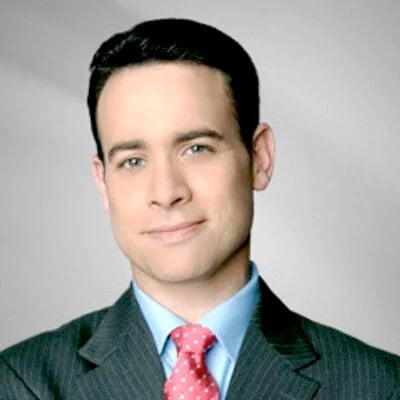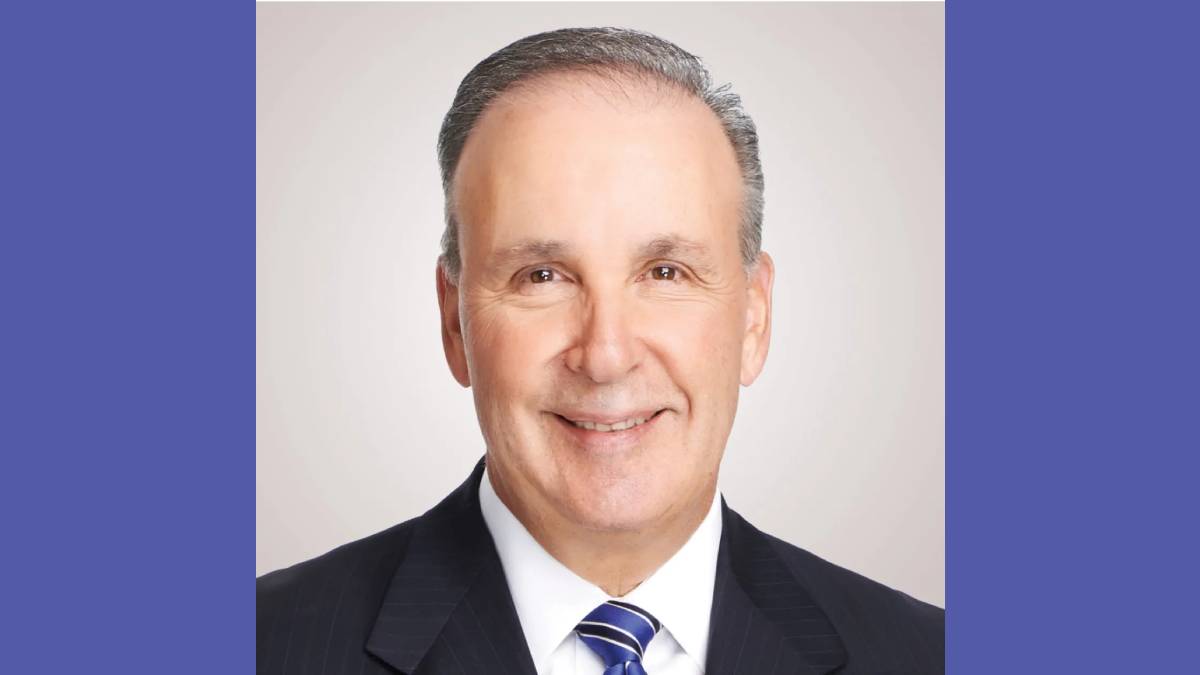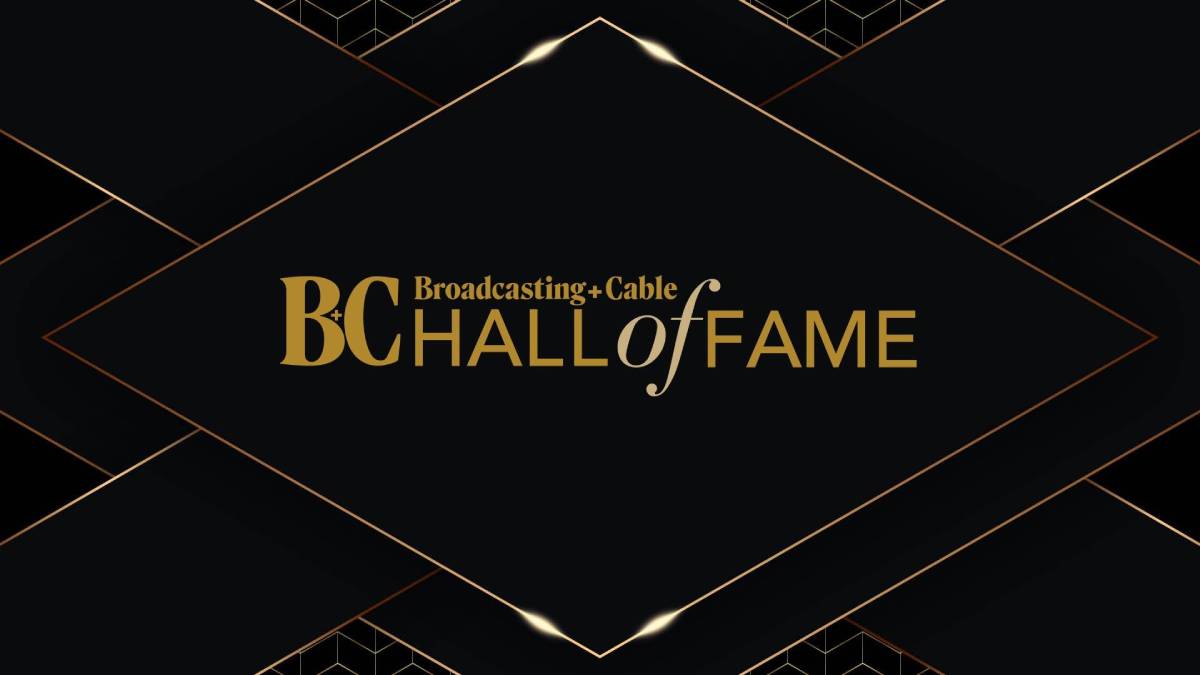Every market has its legends. To be honest though, in 2024, many people in local media who have reached that status have retired, like Gerry Brooks. Why?
Because, let’s face it, local newscasters on both radio and TV don’t reach that level of reverence anymore. People move around too much now, and the local stations simply don’t command the broad attention they did, say, 25 years ago.
With every retirement, a community loses an invaluable database of knowledge and experience.
Or does it?
One thing I’ve started to do a lot is reach out to local journalists who are no longer in the business. Many have retired, while others rotated into other communications businesses like public relations, crisis management, and even fundraising.
Often, I have them on my show, and almost always, it’s amazing.
Great stories. Great perspective. Great institutional knowledge.
Recently, I spent an hour on the air with Gerry Brooks.
In Connecticut, he truly is a living legend – more than 40 years in the market and stints at multiple stations both on radio and on television.
Put it this way, he remembers when ESPN was emerging in the late 1970s, and he encouraged a young kid working at the NBC affiliate, Chris Berman, to “give it a look”.
That worked out OK, I guess.
After Gerry Brooks and I got off the air, I kept picking his brain.
Where did he start? Radio vs TV? The future of both mediums?
Brooks was first drawn into radio in the 1970s as a student at the University of Massachusetts when a young Julius Irving was making basketball games there a must-see.
Back then, UMass played in a 4,000-seat arena that was affectionately – and accurately – called “The Cage”, and you couldn’t get a ticket without waiting in long lines, and even that was not a guarantee.
“I saw people go in with media passes and said, I want to be with them,” he said.
Gerry Brooks signed up and eventually ended up doing radio for the UMass basketball games and then went on to do that same gig for UConn just before the Jim Calhoun national title era.
After that, he went to work full-time in radio. What did he learn right out of the gate? Something that may surprise you: how to write.
Brooks had to be so tight on his radio reads that he was constantly pushed to be economical with his words.
“I really learned how to write and write pretty well,” he said of his early radio work, and then joking, ”You know, I knew I was never going to get by on my chiseled good looks, so I made writing my stock and trade.”
There’s a fair amount of humility in that statement because he soon entered the fray of local TV news and stayed there for a loooong time, working for some 14 years at the local CBS affiliate in Hartford before becoming the main news anchor at the NBC station for over two decades.
The comment about writing struck a chord with me as I’ve noticed that, as the years have progressed, fewer and fewer colleagues of mine can write well. And we’re in the communications business!
Imagine what it‘s like everywhere else!
As for his view of the media business now that he’s five years removed from it, Brooks admits he mainly listens to radio in the car, and he shies away from polarizing opinion shows.
I asked him: What does the future look like for radio and people who choose careers in media?
“It’ll be there, but I think there’s got to be some (more) consolidation,” he said. “I know every generation is different. The generation before me poo-poohed people who worked in television without newspaper experience.
“Now, you have to produce a show, do the internet, get scripts and do supers (graphics). If you don’t know anything else, you just do it.”
So, if he were just now embarking on a career as opposed to enjoying retirement, would he try to follow the same path?
“I don’t know what else I would do,” said Brooks, who came from a long line of plumbers and learned early on that he would not be a good one – he’s got quite the story about that. “I know (whatever I did), it would involve writing one way or the other.”
It’s a little counter-intuitive in this world of 140 characters, Instagram posts and caption contests, but I believe one way to separate yourself from others, even in 2024, remains the ability to write.
Don’t believe me? Believe your trusty local news anchor, Gerry Brooks.

Brian Shactman is a weekly columnist for Barrett News Radio. In addition to writing for BNM, Brian can be heard weekday mornings in Hartford, CT on 1080 WTIC hosting the popular morning program ‘Brian & Company’. During his career, Brian has worked for ESPN, CNBC, MSNBC, and local TV channels in Connecticut and Massachusetts. You can find him on Twitter @bshactman.







